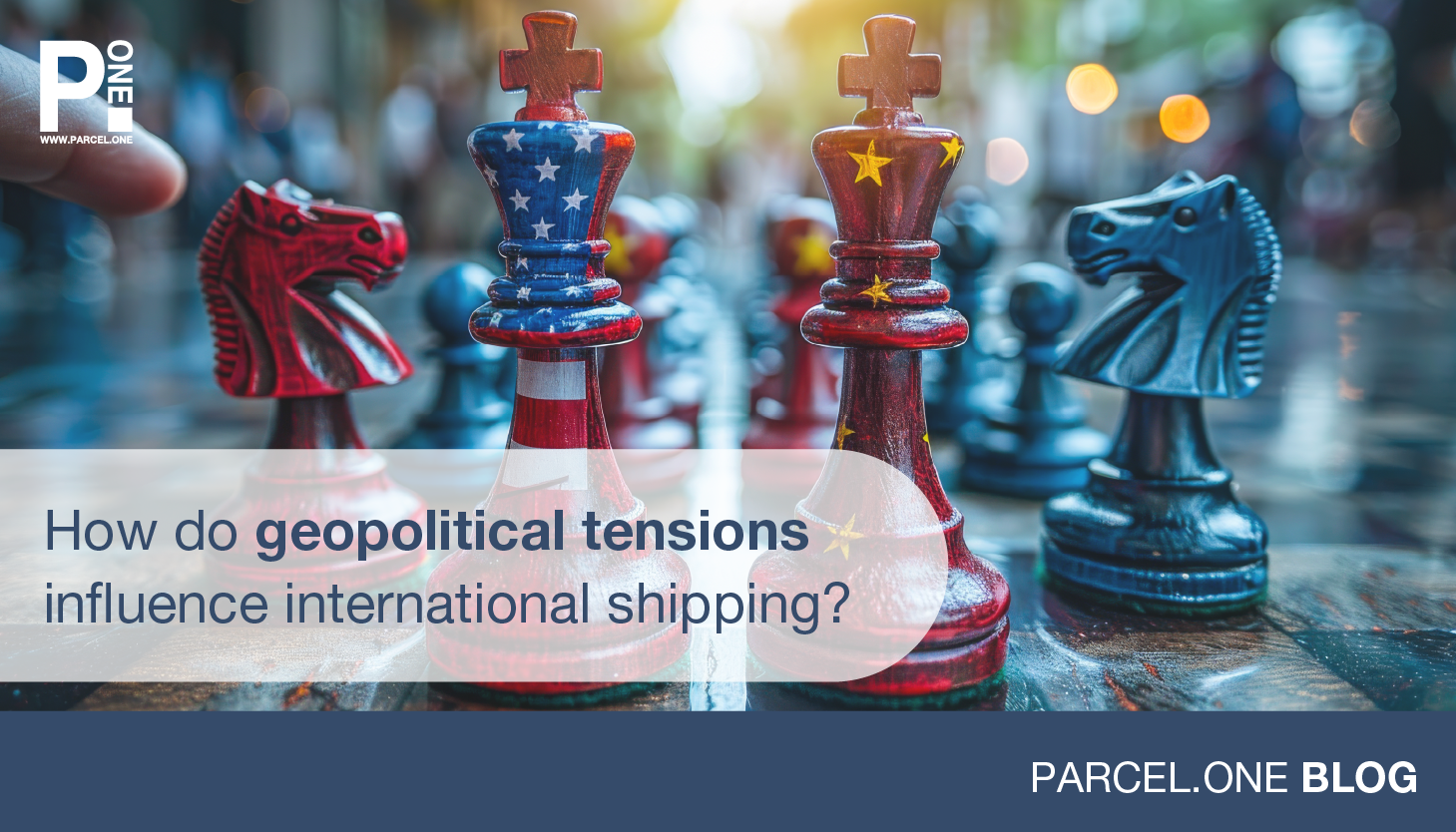
How do geopolitical tensions influence international shipping?
Global supply chains only function smoothly if the framework conditions are stable. These framework conditions include both political and economic factors. However, it is precisely this stability that has come under increasing pressure in recent years. Geopolitical tensions, such as military conflicts, economic sanctions, trade disputes or political instability in certain regions are leading to uncertainty on the global markets.
Such tensions not only affect the governments of these countries, but also have very concrete consequences for logistics: closed borders, new customs duties, blocked routes or delayed deliveries.
For online retailers that ship internationally, geopolitical risks are therefore becoming a decisive factor. But how exactly do they affect shipping – and what is the best way to respond?
What impact can geopolitical tensions have on shipping?
Geopolitical tensions have a direct and often far-reaching impact on international supply chains. Even individual events, such as a sudden trade conflict between two individual countries or a regional military incident, can trigger global disruptions in the movement of goods. This poses several challenges for cross-border shipping:
- Delays and detour: When borders are closed, sea routes such as the Suez Canal are unsafe or sanctions affect certain regions, deliveries have to be rerouted. Detour often mean longer and more expensive routes.
- Rising shipping costs: Political uncertainties often lead to higher fuel prices, additional customs duties or insurance premiums. This makes the entire shipping process more expensive and affects smaller retailers in particular.
- Supply chain disruptions: Production stoppages in crisis regions or congested ports bring the punctual processing of orders to a standstill or even to a complete halt.
- Planning uncertainty: When framework conditions change from one day to the next, reliable planning becomes a challenge. Online retailers often have to react flexibly under high time and cost pressure.
What are the current geopolitical tensions?
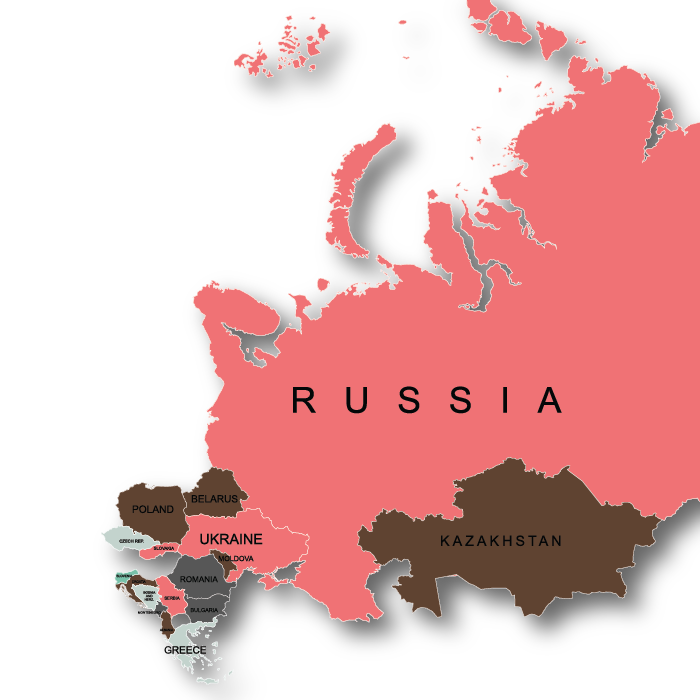
A look at current trouble spots shows that geopolitical developments are not an abstract risk, but a real challenge.
The ongoing Russia-Ukraine conflict continues to have a massive impact on logistics in Eastern Europe in particular, but also beyond. Not only trade with Russia, but also neighboring markets are suffering from sanctions and rising energy costs.
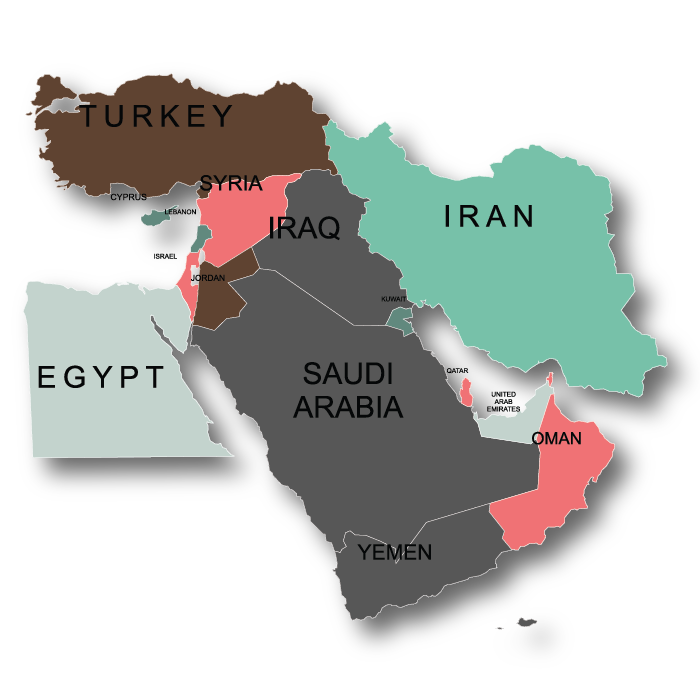
In the Middle East, the tense situation between Israel and Iran is causing great strain. It is not only the military escalation caused by air strikes that is making the normal transportation of goods impossible. Iran’s threat to close the Strait of Hormuz is also diminishing any hope of easing tensions and increasing uncertainty in the region and on the global energy markets.
Not forgetting the tensions in the Red Sea and around the Suez Canal. Attacks on merchant ships and military conflicts are causing many shipping companies to switch to the much longer route around the Cape of Good Hope. All of this lengthens transport times and drives up freight costs. Insurance premiums (“war risk”) have also increased tenfold due to the increased danger.
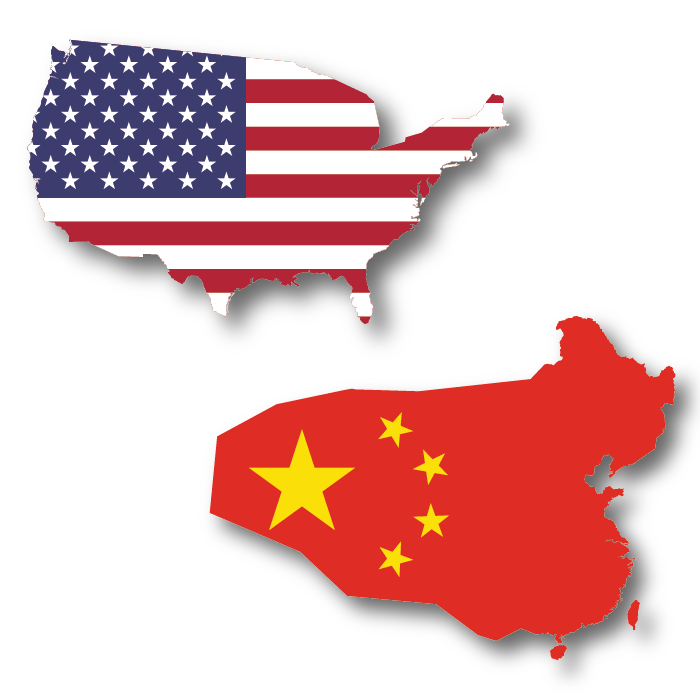
The trade conflict between the USA and China also remains a source of uncertainty for global trade. Punitive tariffs and export restrictions not only complicate the movement of goods between the two countries, but also affect global supply chains in which Chinese or US components play a role.
The situation changes almost daily. Our blog post on PlentyOne sheds light on the current customs challenges:
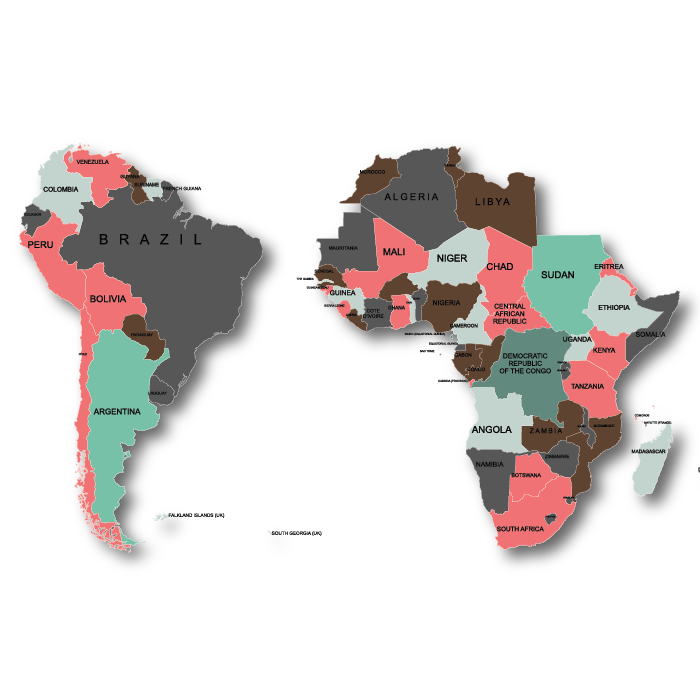
Added to this is the political instability in parts of Africa and South America.
In some regions, governments, social unrest or inadequate infrastructure hinder the reliable transportation of goods.
This not only makes deliveries more unpredictable, but also makes them impossible in some cases.
What challenges does this pose for online retailers that ship internationally?
This unpredictability is one of the challenges that online retailers face. If political conditions suddenly change, for example due to new sanctions, customs duties or route restrictions, it is almost impossible to reliably calculate shipping costs and delivery times. This not only has an impact on their own logistics, but also on the customer experience. A lack of predictability is detrimental for many companies, but it is even more devastating in international e-commerce.
Delayed or unexpectedly expensive deliveries often cause dissatisfaction among customers. At the same time, retailers are faced with the task of communicating changes transparently and quickly – even if they only have limited information themselves.
Added to this is the need to regularly rethink shipping strategies. Markets that seemed lucrative just a short time ago can suddenly become difficult to reach or uneconomical due to geopolitical developments. Anyone shipping internationally must therefore act flexibly, evaluate alternative target markets and, in case of doubt, quickly find new shipping solutions.
How does PARCEL.ONE support online retailers?
In a geopolitically tense environment, it is crucial to rely on a shipping partner that not only delivers reliably, but can also react flexibly and proactively to changes. PARCEL.ONE offers precisely this combination. The logistics concept is designed for adaptability and transparency.
A central element is intelligent routing: if certain transport routes are blocked or unreliable due to political events, PARCEL.ONE automatically reroutes shipments via alternative routes. This keeps delivery times as stable as possible, even under difficult conditions.
Retailers also benefit from the multi-carrier network. Instead of having to rely on individual shipping service providers, PARCEL.ONE provides access to a large number of national and international carriers. This ensures greater flexibility and increases reliability.
Transparency is another important component: with standardized shipment tracking, retailers and end customers can always keep an eye on the current status. This happens regardless of which carrier is currently handling the delivery or which route has been selected. Thanks to comprehensive monitoring, potential risks are identified at an early stage and can be addressed proactively. Last but not least, PARCEL.ONE also offers advice on customs-related topics and country-specific features. Whether new import regulations, special requirements for shipping labels or customs clearance: the team uses its expertise and experience to help online retailers operate successfully, even in complex markets.
Conclusion: ability to act despite uncertainty
Geopolitical tensions will remain an integral part of international trade in the future. For online retailers, this means that if you want to sell globally, you need the right partner. With a partner like PARCEL.ONE at your side, international shipping processes can be organized efficiently and reliably, even in uncertain times. With intelligent logistics solutions, a strong network and sound advice, PARCEL.ONE helps to maintain delivery capability and customer satisfaction at a high level. Disruptions in the supply chain cannot always be avoided, but it is important to respond well to them!